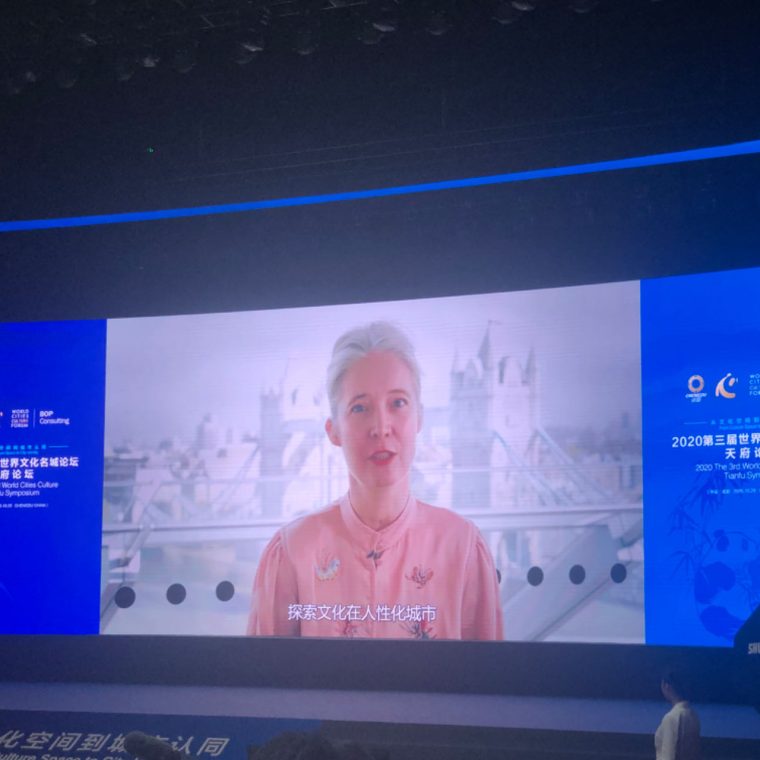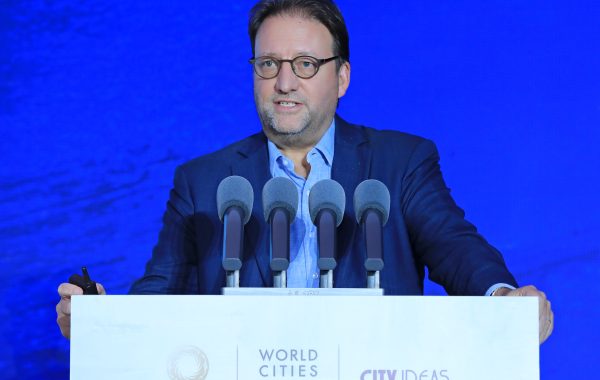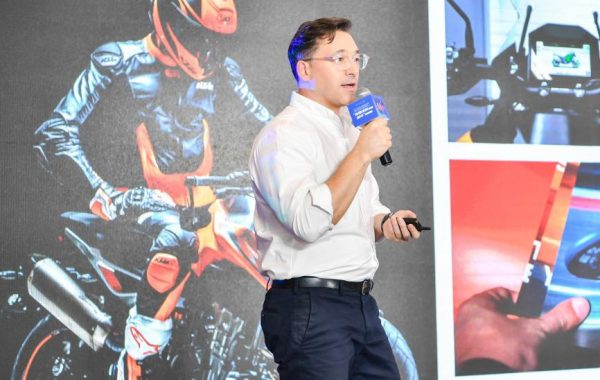Chengdu, China – The third edition of the World Cities Culture Forum: Tianfu Symposium commenced on October 28 and 29, 2020, in Chengdu. Themed “From Cultural Space to Urban Identity,” the forum brought together hundreds of prominent global cultural figures, industry leaders, and authoritative institutions to delve into vital issues such as cultural and urban identity, and the inheritance and innovation of cultural heritage.
This year’s symposium, focusing on the resilience of culture in times of crisis and challenge, showcased Chengdu’s robust cultural resilience in the face of the COVID-19 pandemic. Chengdu’s deep cultural roots and recent advancements in the “Three Cities and Three Capitals” initiative were credited for the city’s rapid return to normalcy and the stimulation of internal economic dynamics, promoting high-quality economic development.
The two-day event featured a series of engaging activities, including Cultural Heritage and Urban Development Panel, Fashion and Creative Design and Urban Space Panel, and the Sino-European Cultural Tourism Innovation Development (Chengdu) Summit. These sessions highlighted cultural, tourism, and fashion design trends, offering strategic advice for Chengdu’s development as a world-renowned cultural city.
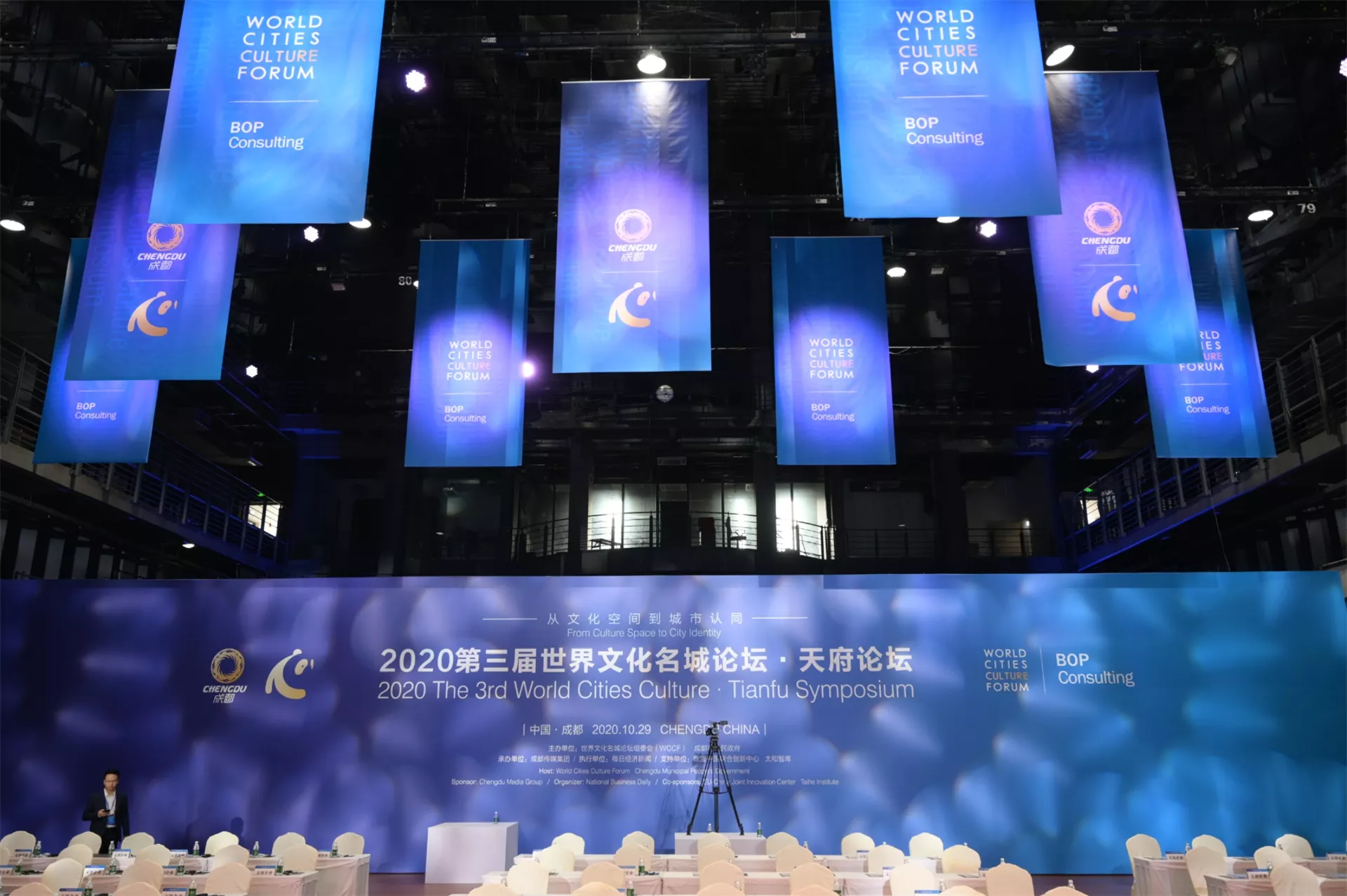
Key reports were released, focusing on emerging urban cultural spaces worldwide. Paul Owens, Director of the World Cultural Cities Forum, presented a significant report titled “World Emerging Cities – From Cultural Space to Urban Identity,” providing a comprehensive analysis of classic cultural spaces in cities worldwide.
The forum also featured insightful discussions from domestic and international cultural experts on the relationship between culture and urban development. Jodi Pascale, founding member of the United Cities and Local Governments (UCLG) Culture Committee, shared classic cases of city tourism destinations, contributing to Chengdu’s journey towards becoming a renowned world tourism city.
Chengdu’s approach to integrating urban culture and functionality has significantly enhanced the city’s attractiveness as a world cultural city. International cultural experts praised Chengdu’s development in innovative fields such as music, fashion, and design, citing its citizens’ rich cultural atmosphere and active cultural participation as direct reflections of its cultural soft power.
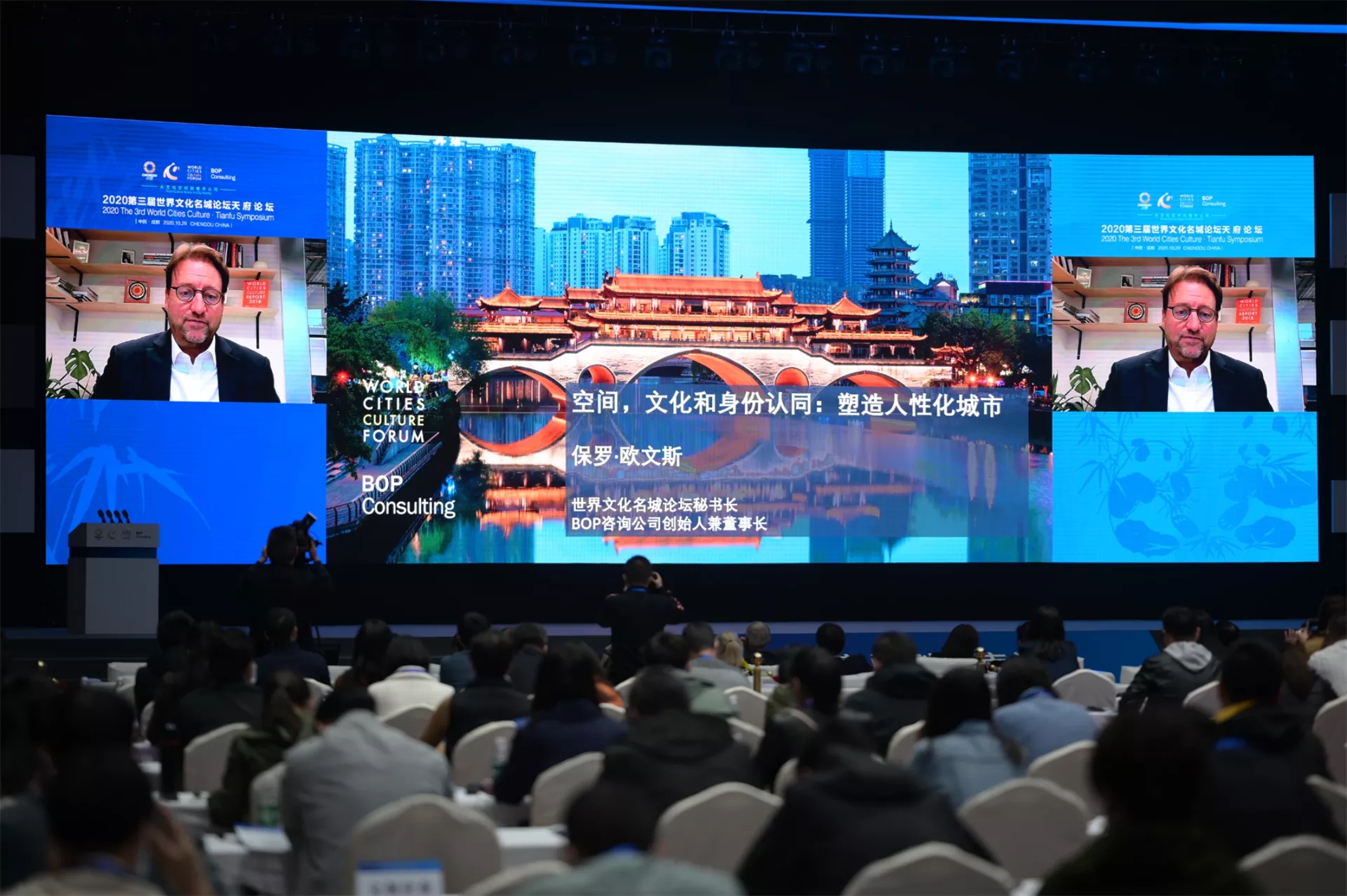
One of the forum’s highlight sessions, the Cultural Heritage and Urban Development Panel, focused on the interplay between cultural heritage and urban development. Discussions revolved around continuing the city’s cultural essence, driving urban development through innovation, and creating unique cultural identities for cities.
The panel featured keynote speeches from Tomislav Corak, President of the European Heritage Association and Chairman of the World’s Largest Heritage Conference in Zagreb, and Huo Wei, Dean of the College of History and Culture at Sichuan University, who outlined the thousands of years of cultural development in Chengdu. The roundtable discussions, led by experts in various fields, focused on “Cultural Inheritance and Innovation in Cities,” acknowledging Chengdu’s accelerated development of the “Three Cities and Three Capitals” initiative.
Chengdu’s fashion industry was also a focal point, with the city emerging as a leading fashion hub in China. The Fashion and Creative Design and Urban Space panel, held at the Niccolo Hotel in Chengdu, included speeches from Zhang Jinquan, Director of Chengdu’s Bureau of Commerce, and William Knight, Chairman of RENEW Consulting Company. The panel featured a star-studded lineup of fashion industry leaders and experts, exploring the creation of urban fashion and art spaces and the development paths of the fashion economy.
The Sino-European Cultural Tourism Innovation Development (Chengdu) Summit, with the theme “Cultural Tourism Innovation in the Post-Pandemic Era,” focused on Sino-European bilateral advantages in cultural tourism industry resources, effective promotion of cultural tourism crossover integration, and innovative development in the construction of world tourism cities.
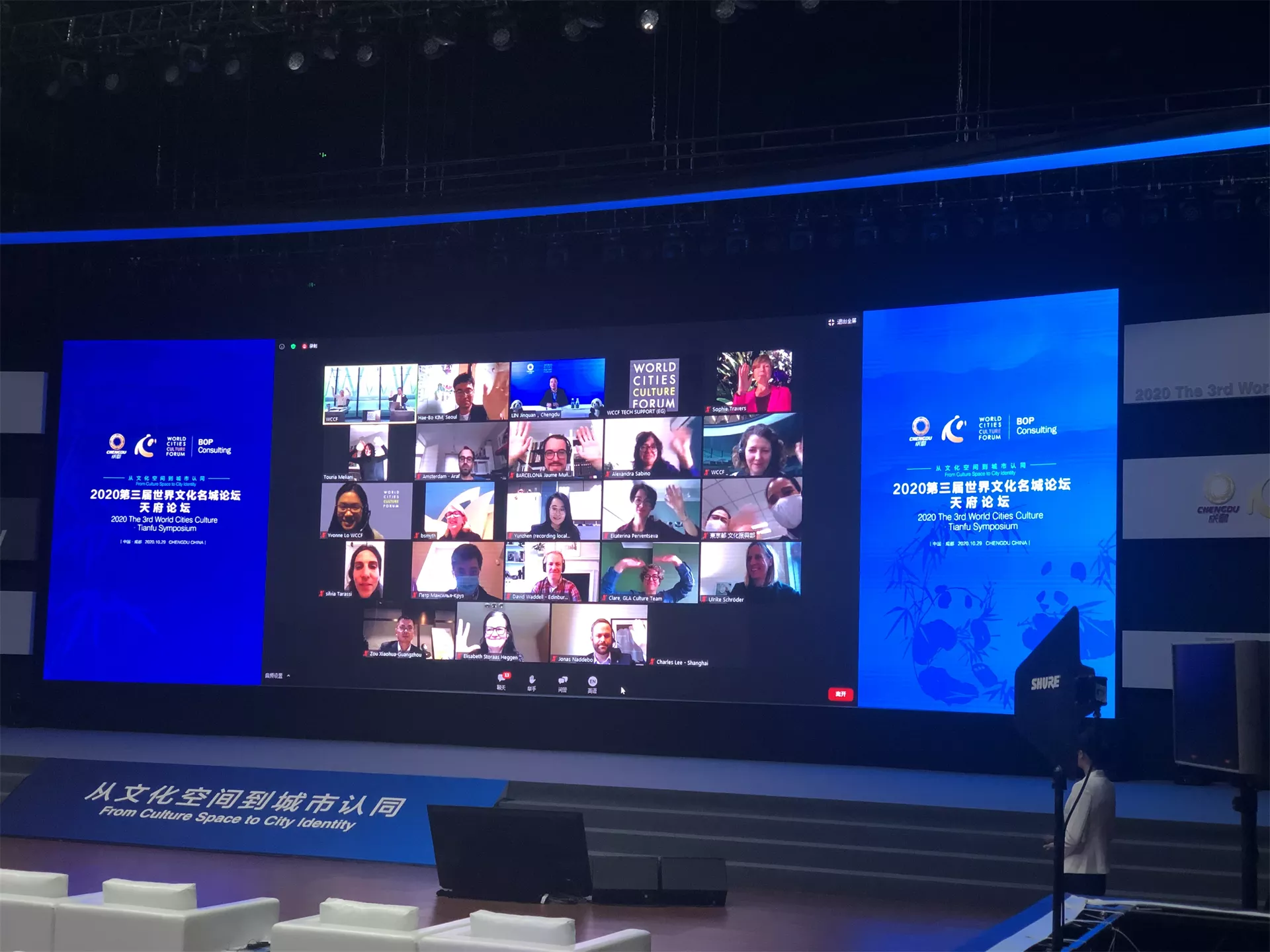
Chengdu’s commitment to cultural development and tourism has shown impressive results. In 2019, the city welcomed 280 million tourists, a 15.24% increase from the previous year, with total tourism revenue reaching 466.35 billion yuan, a 25.6% increase. Chengdu’s response to the COVID-19 pandemic involved proactive measures in the cultural tourism sector, implementing 20 major policies for the cultural tourism industry and actions like the “Cultural Creativity Common Boat Action,” leading to the rapid recovery of the cultural tourism industry.
In addition to these discussions, the forum included other significant activities such as the 6th China Art Finance Annual Conference and the launch of the World Cultural Cities Global Roadshow Alliance, focusing on project exchanges, industry interaction, and financing connections.
Undoubtedly, this year’s World Cities Culture Forum: Tianfu Symposium showcased Chengdu’s achievements in the cultural city and international consumer centre city development and actively explored heritage protection, innovation in the cultural tourism industry, and fashion creativity in the post-pandemic era. This exploration is expected to foster more international cooperation opportunities, accelerating Chengdu’s progress towards becoming a world-renowned cultural city.

